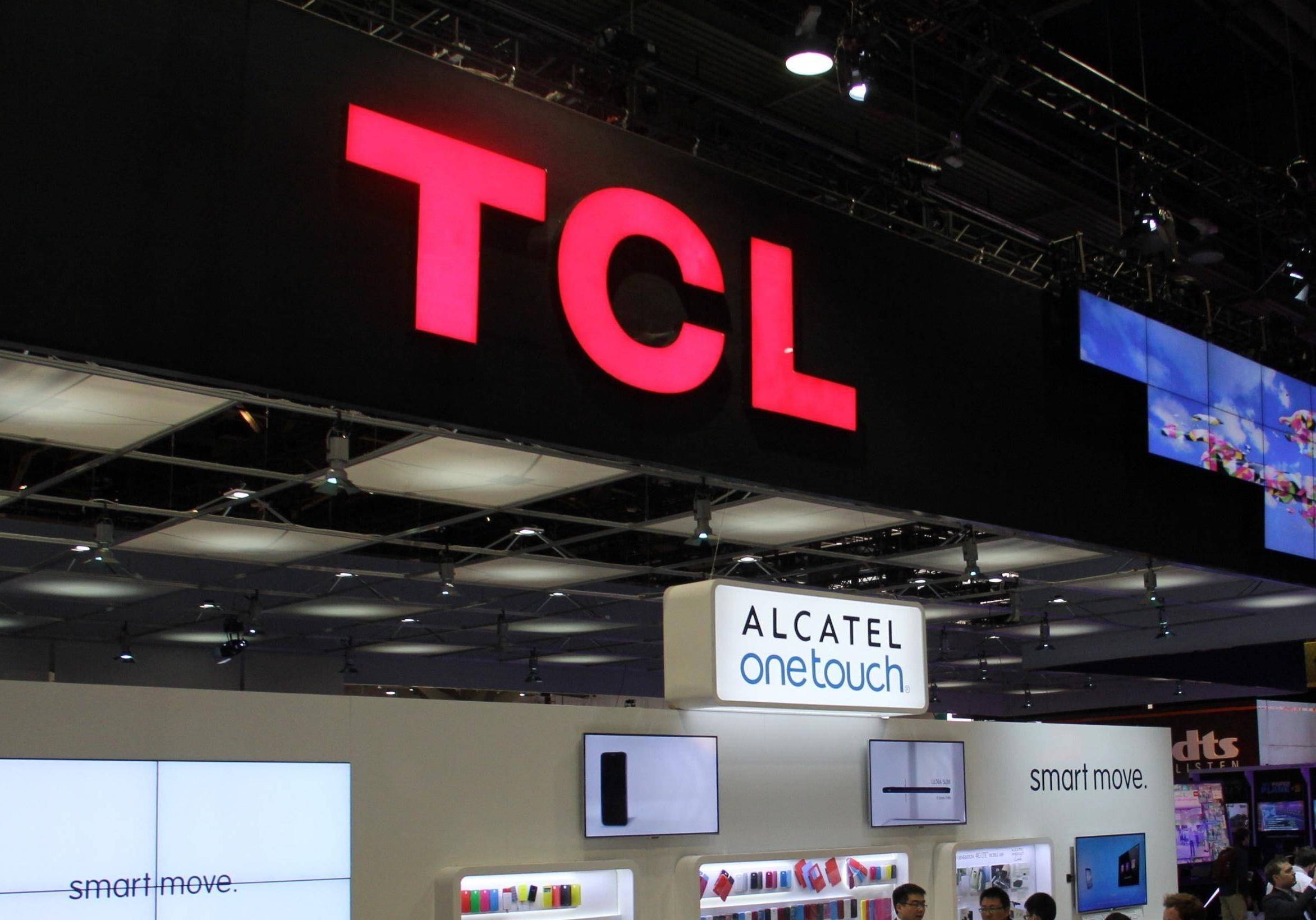The picture comes from the Internet
Produced | Sohu Finance
Author | Jin Yu
Tianyan Check shows that Shenzhen Qianhaihui Yintong Payment Technology Co., Ltd., a third-party payment institution under TCL, has been cancelled a few days ago. After seven years of unsuccessful efforts to pay for the license, TCL seems to have “resigned”.
Picture taken from Tianyancha
In March 2014, Huizhou Sailuote Communication Co., Ltd., a wholly-owned subsidiary of TCL Group, invested 100 million yuan to set up Huiyintong, which is planned to be used to independently operate TCL Group’s third-party payment business.
On October 22 of the same year, TCL issued an announcement to formally establish the TCL Group Financial Business Headquarters, aiming to develop consumer-oriented financial services such as consumer credit and third-party payment, and provide financial value-added services for industry chain and industry partners and users.
Five days later, Huiyintong formally submitted a payment license application form to the People’s Bank of China, intending to apply for Internet payment, mobile phone payment, digital TV payment and bank card acquiring business nationwide.
Although it has been preparing to apply for a license once it is established, Huiyintong, which was born at the end of 2014, is destined to miss this license. As early as July 2014, after the central bank issued the ninth batch of 27 licenses, there have been rumors that the central bank will tighten license approval. In February 2015, the central bank mentioned in the notice on the key points of payment and settlement: “We must strictly enforce market access for payment institutions, encourage the merger and reorganization of existing institutions, continue to develop and improve market exit mechanisms, and study and implement classification and hierarchical supervision of payment institutions.” This is also considered by the outside world to be an important signal of the tightening of license policies. Since then, when the first batch of payment licenses expired and renewed in August 2016, the central bank made it clear that in principle, no new licenses would be issued, and Huiyintong’s wish to apply for a license was thus frustrated. Around 2014 when Huiyintong was born, it coincided with the small peak of domestic home appliance companies entering into finance. After experiencing the impact of the price war in 2000, in order to solve the capital needs of the upstream and downstream of the industrial chain and maintain profit growth, home appliance companies have embarked on a development path that combines industry and finance. In 2014, Haier and Gome successively established financial holding companies. Subsequently, TCL, Suning, and Midea also joined the camp. Home appliance companies have adopted equity participation or the establishment of new financial institutions to expand into the financial field. At the same time, the Internet financial industry in 2014 is in full swing. The success of Alipay and WeChat has caused many companies to target the payment industry, and the payment license as an industry pass is naturally sought after by everyone. Throughout the licensing history of several major appliance giants, Suning obtained a payment license through its wholly-owned subsidiary Epay as early as 2012, while Haier acquired a licensed third-party payment institution in March 2014. Quick pass. In addition, in August 2016, Midea acquired a 50% stake in Shenzhou Tongfu for 300 million yuan. In June 2017, Gome Financial Technology announced the acquisition of the entire equity of Yinyingtong Payment for 720 million yuan. So far, only TCL and Gree have never had a card in their hands. Although today, when the number is only decreasing, the license has gradually become a “rare thing”, but it is not that you have the wealth code if you have a payment license. In 2020, Haier’s Express Pass had a net loss of 14.178 million yuan for the year. This payment company not only failed to bring Haier profits, but also generated more than 700 million current liabilities. A few days ago, Haier Financial Holdings has signed an agreement with Commodity City, a listed A-share company, and intends to transfer this license at a price of 450 million yuan. For companies like Suning and Gome that have a complete e-commerce ecosystem, the payment license in hand can maximize the synergy value with the original business. Obviously, Haier and TCL lack such e-commerce soil, and payment licenses have become tasteless. After seven years of deployment in Internet finance, TCL has so far successfully obtained multiple licenses for Internet microfinance, consumer finance, and commercial factoring. However, it is only in the field of payment that it “runs naked without a license”. Faced with the indefinite reopening of approvals, the cancellation of Huiyintong is a prelude to an acquisition that is in line with its peers? Or is it a complete abandonment of this dispensable license? It is not yet clear

You must log in to post a comment.